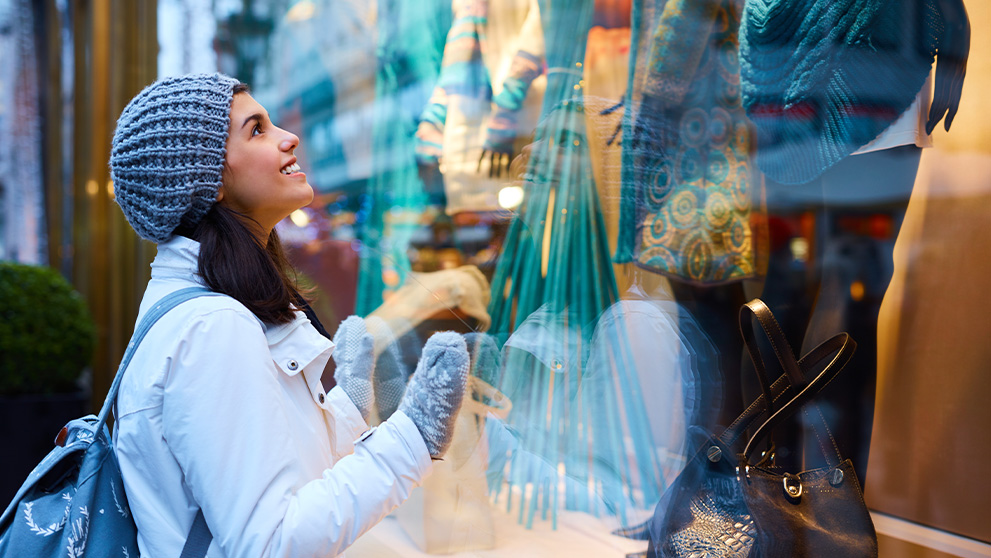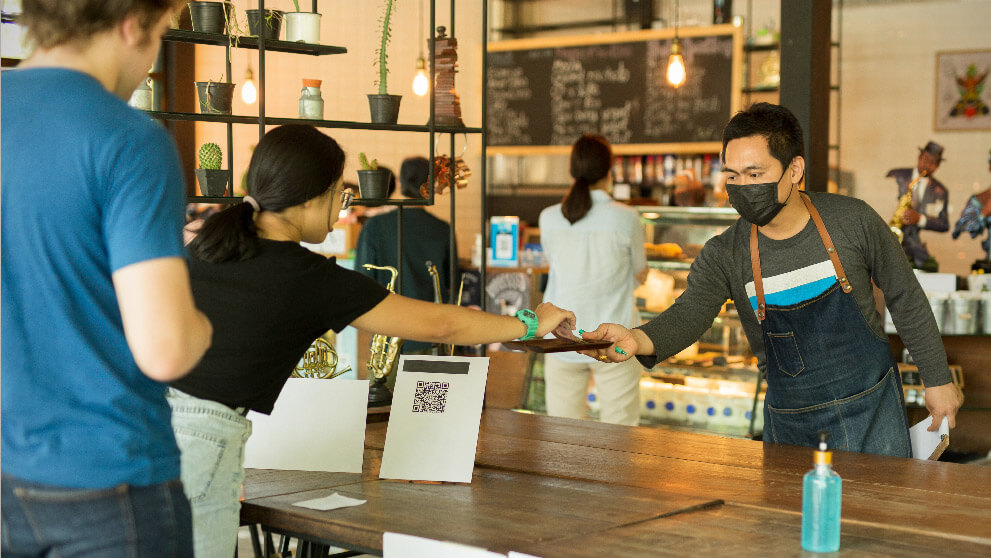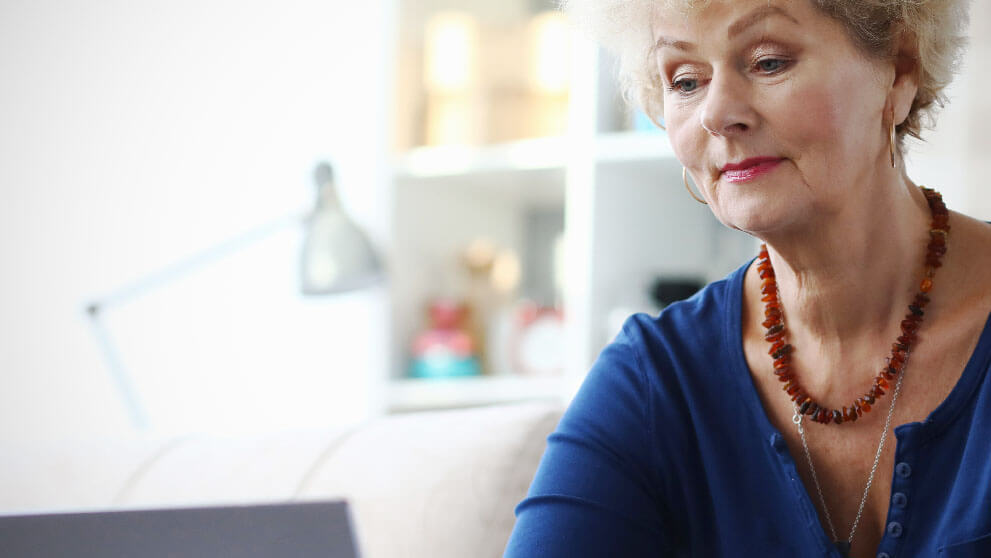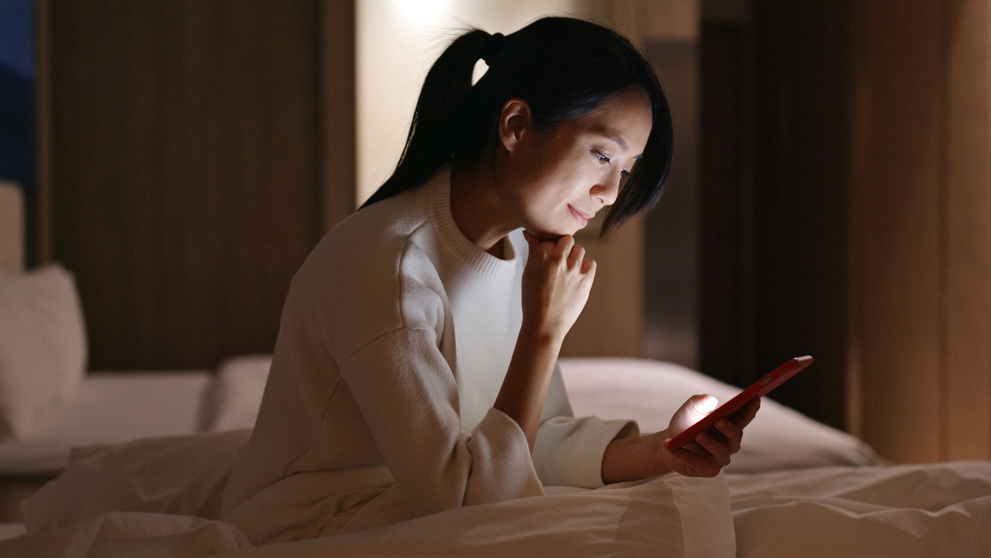This week’s SBN roundup includes; the postive impact of Pinterest’s embracing e-commerce and how the beauty section of one Japanese department store is making male customers feel a lot more welcome.

Pinterest’s move into e-commerce pays off
The Pinterest image-based social media platform has reported a 6% increase in sales to $708 million in the period ended June 30 – $9 million above what analysts predicted (compared to an average of analyst estimates compiled by Bloomberg)2.
Chief Executive Officer Bill Ready’s idea of expanding Pinterest’s business model from advertising to shopping seems to be working well. Whether people would shop on Pinterest “was a big question a year ago,” he commented. “We have answered that question definitively.”
Pinterest’s move has followed other social media platforms who feature shoppable content, such as Instagram and TikTok.

Zalando introduces Save Now, Buy Later
Zalando, the online fashion and beauty retailer, is offering German customers a new service, known as Save Now, Buy Later3. They have partnered with Savrr, a little-known start-up, to offer the service.
Save Now, Buy Later (SNBL) is the reverse of Buy Now, Pay Later (BNPL). Instead of a customer receiving a product and paying later, they set themselves a savings goal and put money away monthly until they reach it. Once the goal is achieved, the customer receives not only their savings back but also a ‘bonus’ to be spent on Zalando. The idea is to help consumers become more responsible in times of increasing debts and short-term loans.
Savrr aims to be available at 10 or more online retailers by the end of 2023, each of which will be able to position themselves as a more responsible online seller.
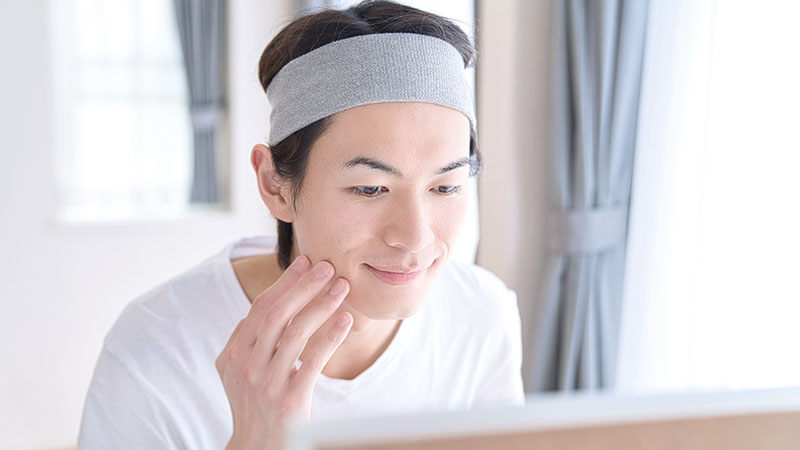
Male beauty gets bigger in Japan
In response to the escalating interest in male beauty products in Japan, the huge JR Nagoya Takashimaya department store has recently quadrupuled the retail space of its male cosmetics section and launched an additional shop dedicated to gender-neutral beauty brands5. This expansion has doubled the number of brands (to 70) and tripled the number of retail staff catering to this market.
In terms of the bigger picture, the Japanese male cosmetics market has more than doubled in the year to Q1 2023 and is estimated to reach 167 billion yen by 2025. One in five Japanese men already use some form of beauty treatment.
So the market is substanial and growing rapidly. However, in the past, beauty companies have focused on branding or product development for the male market. What makes Takashimaya’s expansion interesting is that it focuses on the male customer experience, providing men with a comfortable, genderless space in which to buy beauty products, rather than having to negotiate female-oriented beauty shops which may make them feel awkward or intimidated. Two other companies helping male customers feel more included are genderless beauty brand Youits by Mr Gakuya, whose store features try-on stations aimed at male beginners, and War Paint, whose flagship outlet serves as a wellness hub for men.

Inflation forces luxury brands to find new strategies
High inflation and economic uncertainty has meant middle class US shoppers are spending less on luxuries1. This has been demonstrated by the slowing sales and decline in revenue reported by brands such as LVMH, holding company for brands including Christian Dior, Marc Jacobs, Loro Piana and Tiffany & Co.
Jean-Marc Duplaix, deputy CEO of Kering, the French luxury goods company which owns Gucci, Bottega Veneta and Yves Saint Laurent among others, commented “aspirational clients… are sort of taking a break.”
Some luxury goods firms are responding by focusing more closely on their very wealthiest customers – the top 1% of wealthy spenders. However, many other customers still crave affordable luxuries, and other brands have adjusted their product offering accordingly. Fear of God is a case in point. Through their Essentials diffusion range, FOG offers functional, comfortable, muted luxury at accessible prices. It’s certainly working well for them: the brand’s sales have tripled in the last two years.
It remains to be seen how many luxury brands will follow FOG’s example. One thing seems certain though: the aspirational middle classes will be holding back on full-on luxury purchases for a while yet. And this means some brands will need to reassess their sales strategies.

EU starts journey to retail transformation
The European Commission has launched the co-creation process for the transformation of the retail and wholesale sector4. In a work document, it revealed how it aims to move towards a more resilient, more digital and greener retail ecosystem.
The process is structured around five pillars of resilience, digitalization, greening, skills and a fair and just transition. All relevant stakeholders such as member states, businesses and their asssociations, social partners, civil society, academies and consumers are invited to take part in the co-design.
Eurocommerce, the European retail and wholesale association, welcomed the pathway. Director General Christel Delberghe commented:
“Co-creating this roadmap provides the opportunity to identify the critical measures needed for the sector’s transformation and for its continued contribution as the EU’s largest private employer.”
Eurocommerce includes national associations in 27 countries along with 5 million companies, from global players to small businesses.
Open a DHL Express Business Account to help your business grow.

























